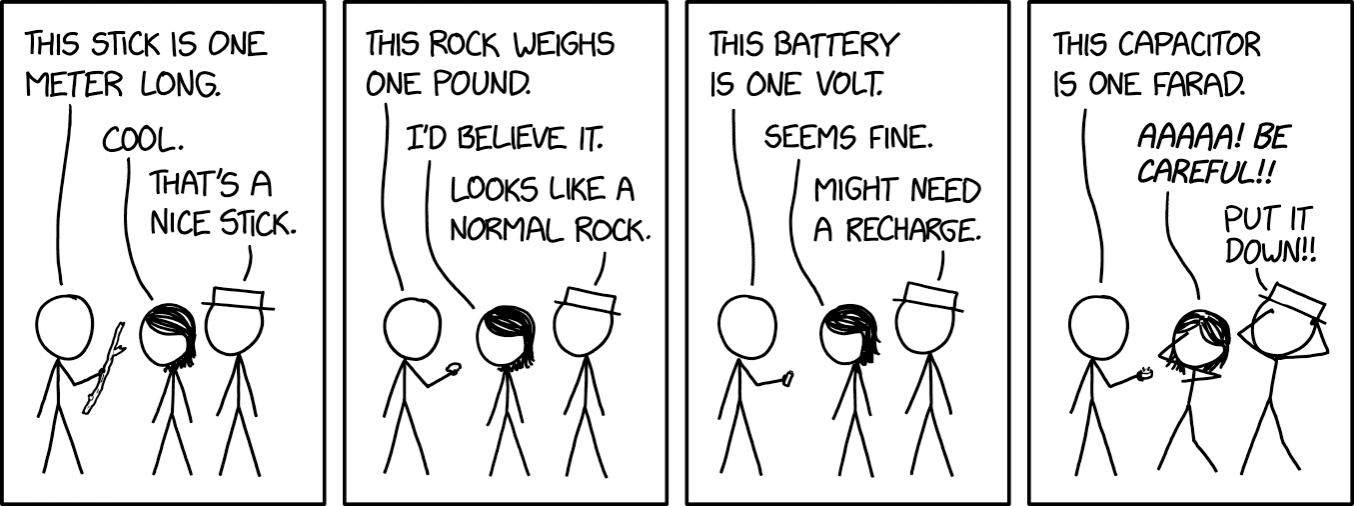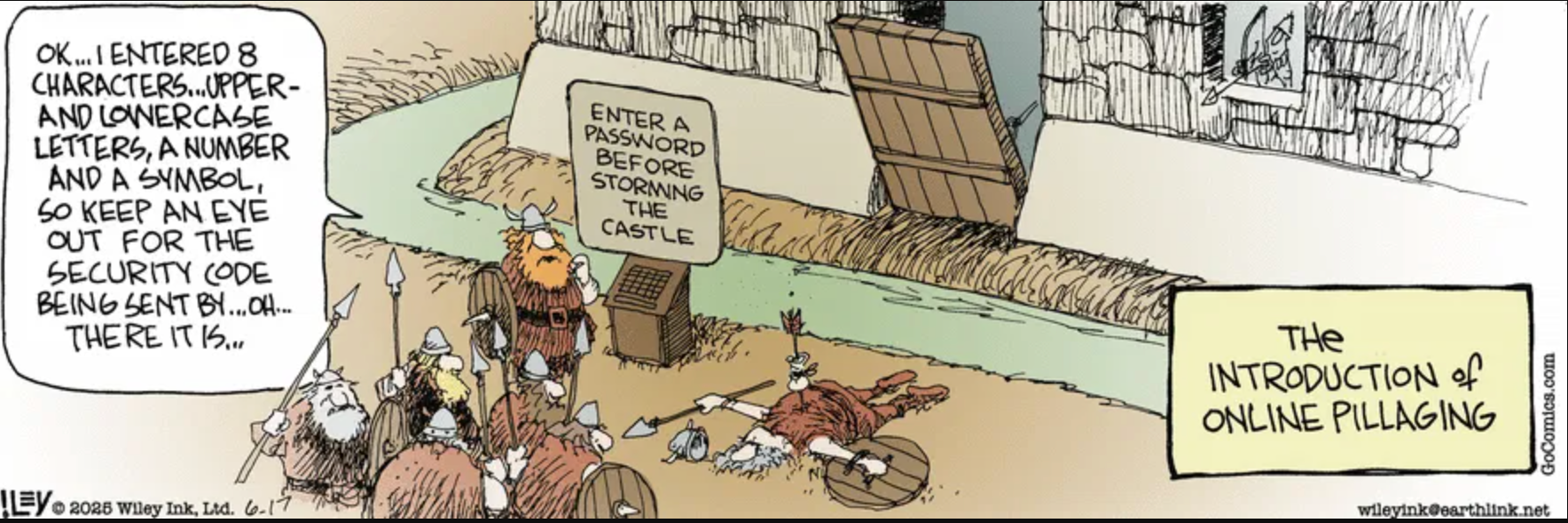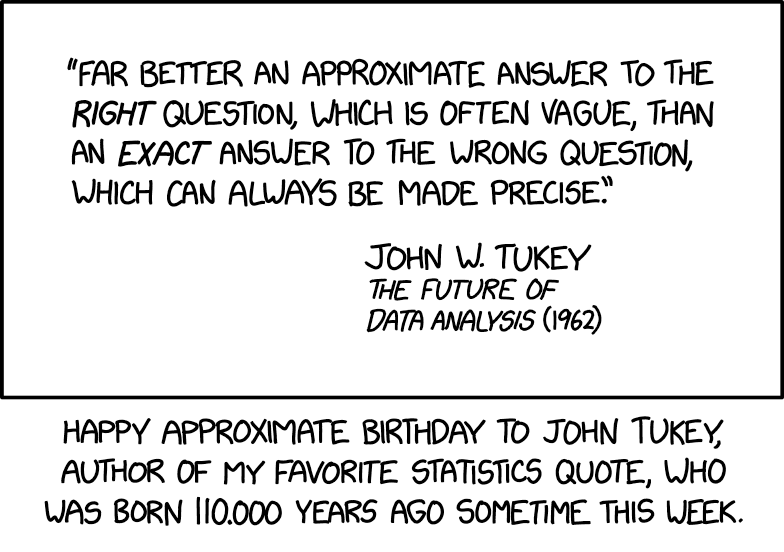Taiwanese Twosome: tea and Sino-Korean
Even if you can't understand spoken Taiwanese, you can learn a lot from these two videos because of the excellent visuals, plus it is nice just to hear the clearly spoken Taigi and compare terms in Taigi with their parallels in Sino-Korean.
The first is a video from Taiwan's public TV (公視台語台) on the interesting distribution of the names of tea in the world:
Read the rest of this entry »



